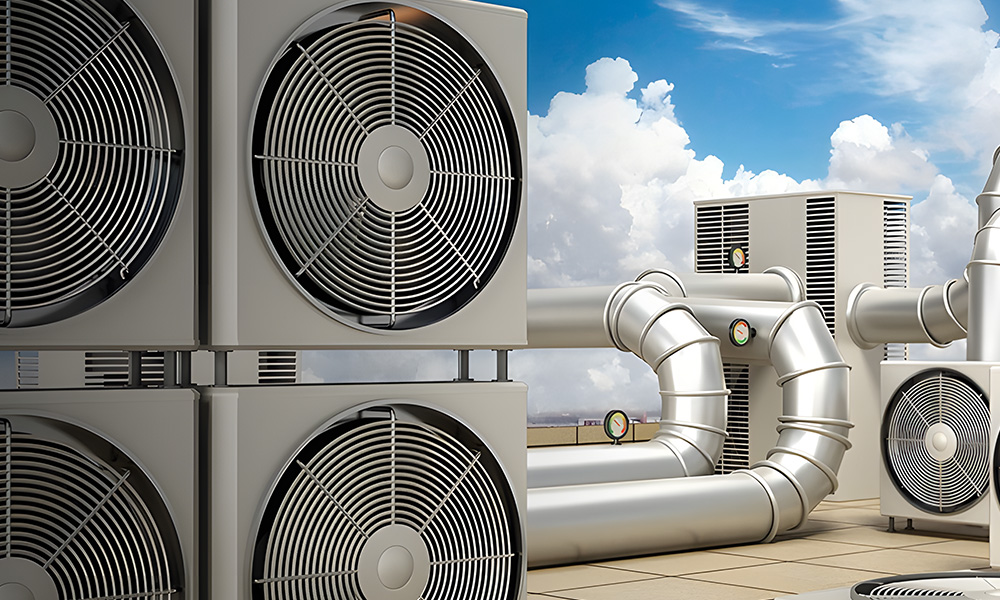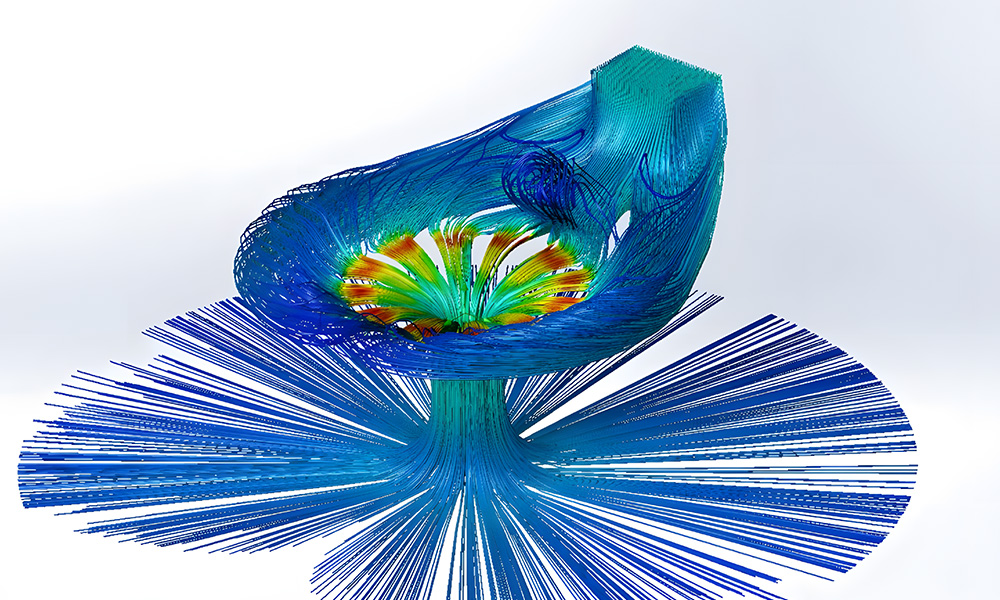Construction Sector

Enhancing HVAC Efficiency through Computational Fluid Dynamics (CFD)
Heating, Ventilation, and Air Conditioning (HVAC), an essential facet of mechanical engineering, revolves around the dynamics of fluids and thermodynamics. The challenges faced by HVAC engineers often arise from the intricate and occasionally unpredictable nature of the primary fluid involved – air. A deeper comprehension of fluid behaviour holds the key to designing more efficient HVAC systems. This is precisely where Computational Fluid Dynamics (CFD) proves invaluable.
The complexities encountered by HVAC engineers necessitate a meticulous understanding of fluid dynamics. The unpredictability of air movement, temperature fluctuations, and pressure differentials pose significant challenges. CFD offers a technological boon in this realm. By delving into the intricacies of fluid mechanics, CFD empowers HVAC engineers to gain profound insights into system behaviour, enabling them to optimize designs for enhanced efficiency and performance.

CFD acts as a virtual testing ground, simulating airflow patterns, temperature distributions, and pressure gradients within HVAC systems. By virtually replicating real-world scenarios, CFD allows engineers to visualise the behaviour of air within HVAC systems, identifying potential areas of turbulence, heat exchange inefficiencies, or airflow restrictions. Such insights enable engineers to fine-tune system designs, optimising airflow, temperature control, and energy efficiency.


Why Choose Aatral Engineering?
- Unmatched Expertise: With years of experience, our team brings unparalleled expertise, ensuring exceptional results for every project.
- Innovation-Driven: We stay abreast of the latest technological advancements, integrating innovative solutions for efficient and sustainable systems.
- Client-Centric Approach: Understanding your unique requirements is our priority, delivering solutions that align precisely with your goals and budget.
Why Choose Aatral Engineering?
Unmatched Expertise
Innovation-Driven
Client-Centric Approach

Experience the Future!



